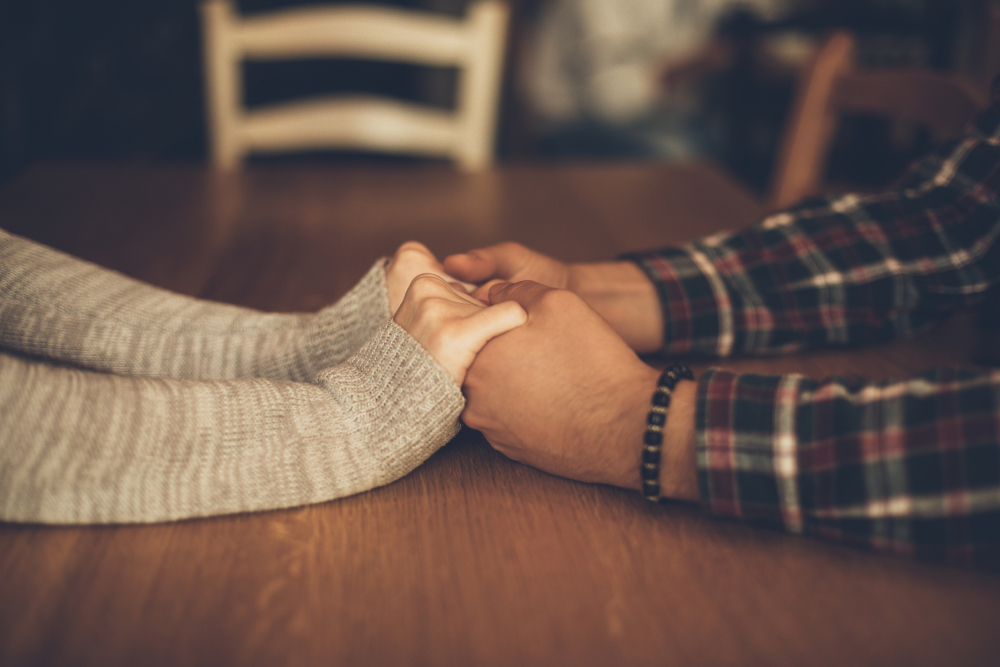Never Just One Thing
Think of your favorite story. Why is it your favorite? Do you relate to the characters? Are there things that resonate with you, and make you feel seen? I’ll go first. I’m a book worm and I read arguably too much fiction for a responsible adult. Audiobooks are life. While I rotate between favorites, there is a character in The Stormlight Archives by Brandon Sanderson. He struggles with depression his whole life, and even when his circumstances turn extraordinary it is still sometimes difficult for him to want to keep going. Prior to this series, I hadn’t read of a character that had depression that wasn’t mostly made better by their situation eventually improving. The main character was the first character, as an adult, that, despite many differences, I resonated with on a soul-deep level. I felt seen and understood. I was able, using the text from the story to finally explain my depression to people I love and find a new perspective in my understanding of foster care.
I spent most of my life viewing the world through the eyes of a storyteller. Due to that, I found myself separating life: good and evil. I had a childish understanding of life. As I aged and I learned more about the world I started to understand nuance but it was still too easy to see things as either one thing or another: good guys and bad guys. I rated people on an unfair metric that boiled down to not understanding that people can be more than one thing.
In my mind, the people who had their children removed and placed in foster care were undoubtedly bad guys. Their kids are the good guys. Foster and adoptive parents were also the good guys. There was no room for compassion or understanding for people who had their children removed or had willingly surrendered them. It would not be until I had my own foster children that I realized how wrong I could be.
People are complicated, messy beings. People are rarely only one thing. There is another character in the Stormlight Archives who is a warmonger who (accidentally) killed his wife. He ends up being an integral part of restoring peace later in life. Judged by his actions early in the story it would be easy to hate this character. In fact, there are no characters I can think of in this particular series that are all good or all bad. Every one of them has a complicated back story.
Similarly, it is almost impossible for people to be all one thing. It can be easy to vilify birth parents when a child is placed in foster care due to abuse and neglect. Indeed, the actions that lead to a child being removed from their birth family are often, simply put, evil. I have learned over the years that, like my favorite characters, birth parents, foster parents, adoptive families, and adopted children are never just one thing.
It is possible and likely that a parent whose children were involuntarily removed from their care is not only a victimizer but a victim.
Many parents who harm their children were harmed by their parents or another close family member who was meant to be their protector. Does that excuse their behavior? Absolutely not. Does it make them someone easier to forgive, often yes. And that is important when moving forward in adoption.
My younger kids don’t know their birth parents. It can be tempting when they ask questions about them to paint them as villains with hearts of stone. The petty, insecure part of me wants to make my kids feel the same rage I can feel when I think about what was done to them as babies and toddlers. That doesn’t help anyone though. When they are teens they might have questions I can’t answer and they’ll want to contact their birth parents. I want to help them in any way I can. If I talk badly about their birth families it could not only hurt my kids’ feelings. It could drive a wedge between us.
They get to decide who their birth families are to them. If the only good thing I can think about their birth parents is the fact they made these precious children, then I owe it to everyone to not make my kids believe they come from monsters. It isn’t true, anyway. Mental illness, childhood trauma, poverty, generational trauma, and addiction can turn anyone into a person who hurts others.
There’s a book I read when I was younger called A Wrinkle in Time by Madeleine L’engle that illustrates this point clearly for me. The protagonist, Meg, has to find something to love about her school principal to save the world and he is a person who has only been cruel and unkind to her family. Searching her memories, she remembered that this man had once given his shoes to her best friend because the friend was poor and his parents sent him to school in shoes that didn’t fit. The principal made it look like they weren’t brand-new shoes he bought specifically for the boy, but they knew the truth.
It was with that truth that Meg was able to save everyone. She couldn’t find something lovable about the man for her own sake. But through her best friend, she was able to find one kernel of goodness about him. That was enough.
My kid’s birth parents aren’t evil monsters, they aren’t heroes either; but, neither am I. It’s okay to feel frustration, pain, and anger. It is not okay to transfer those feelings to a kid who is just curious about what their birth parents were like.








